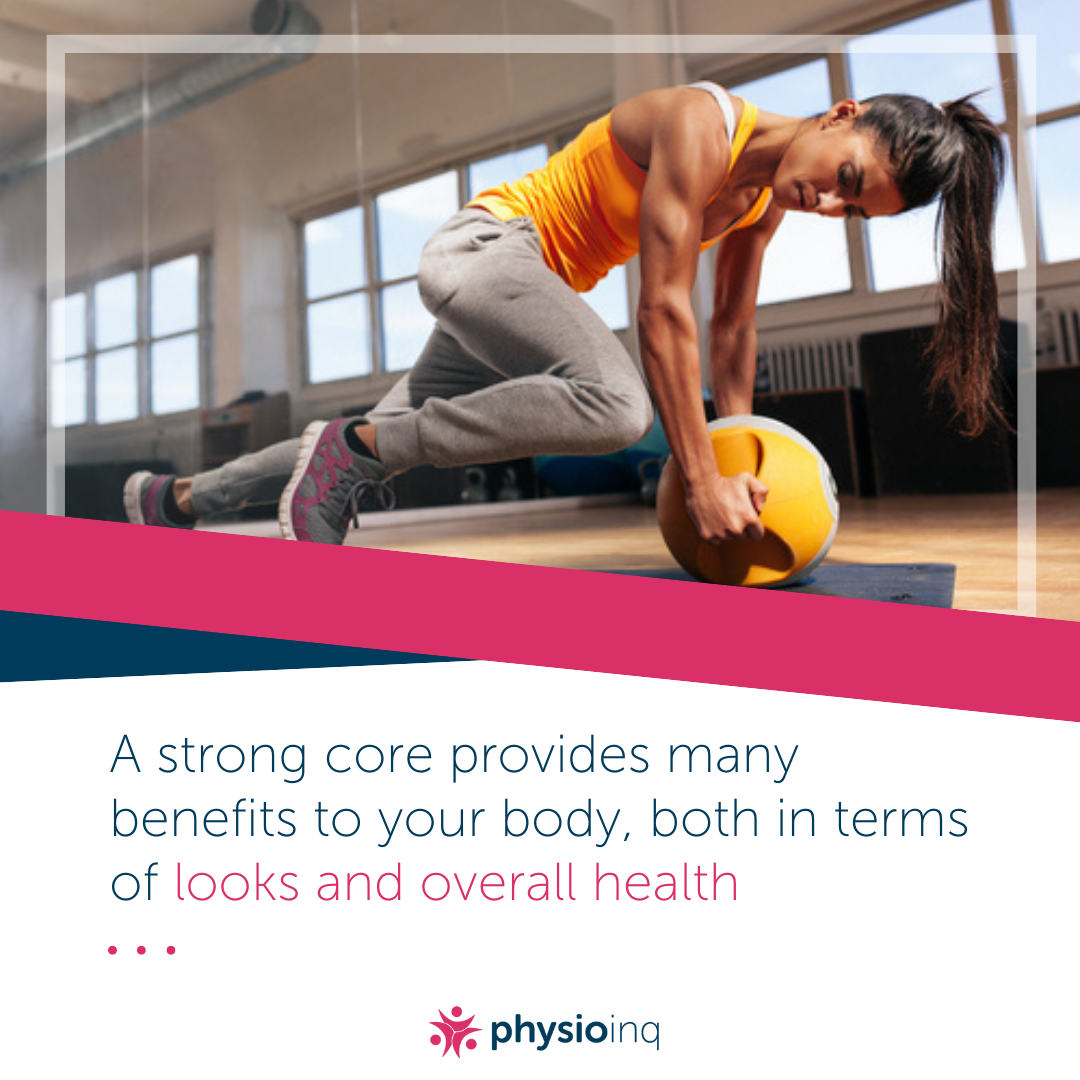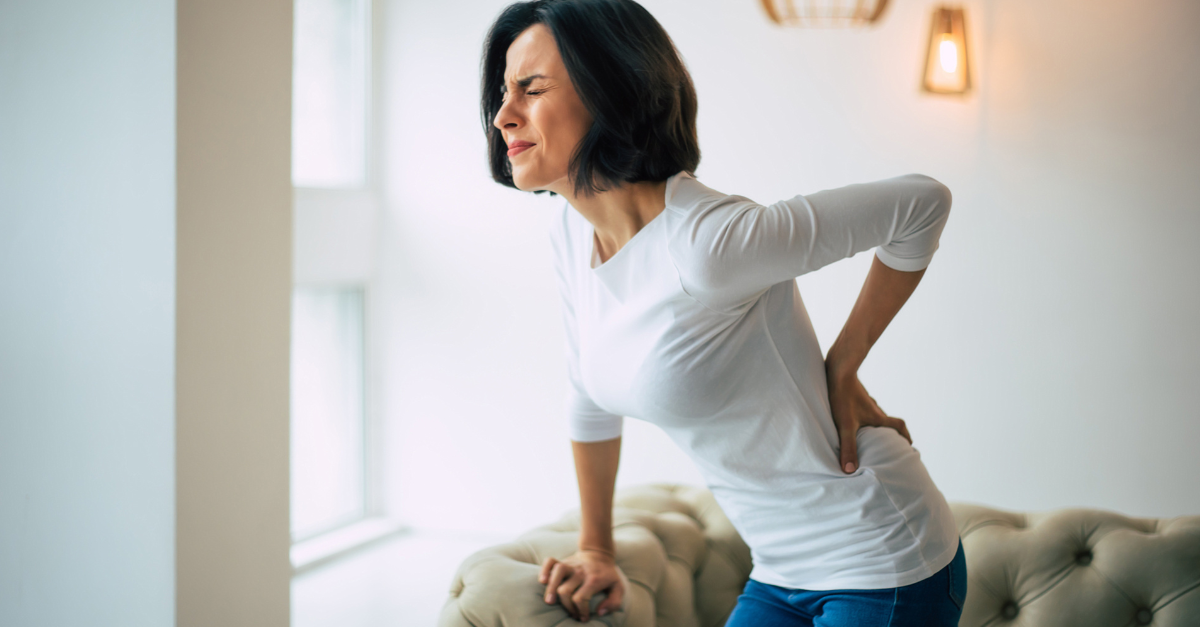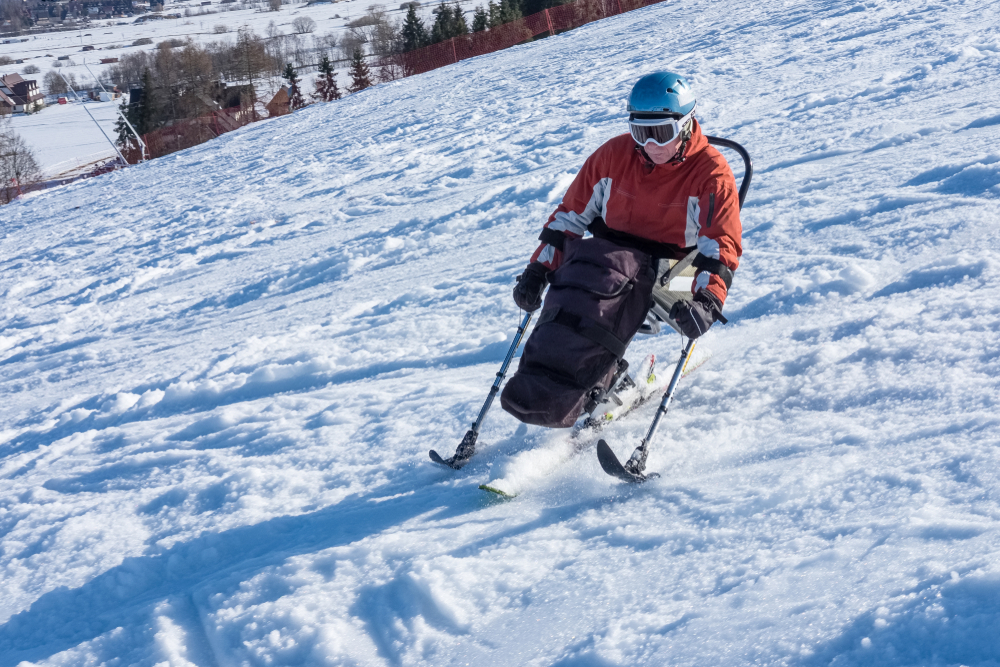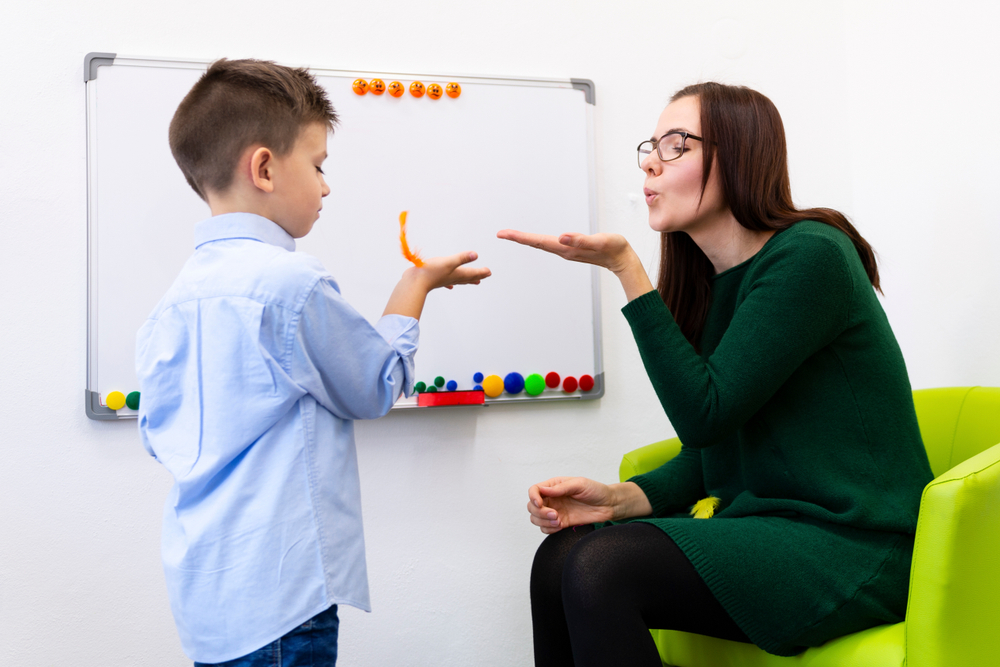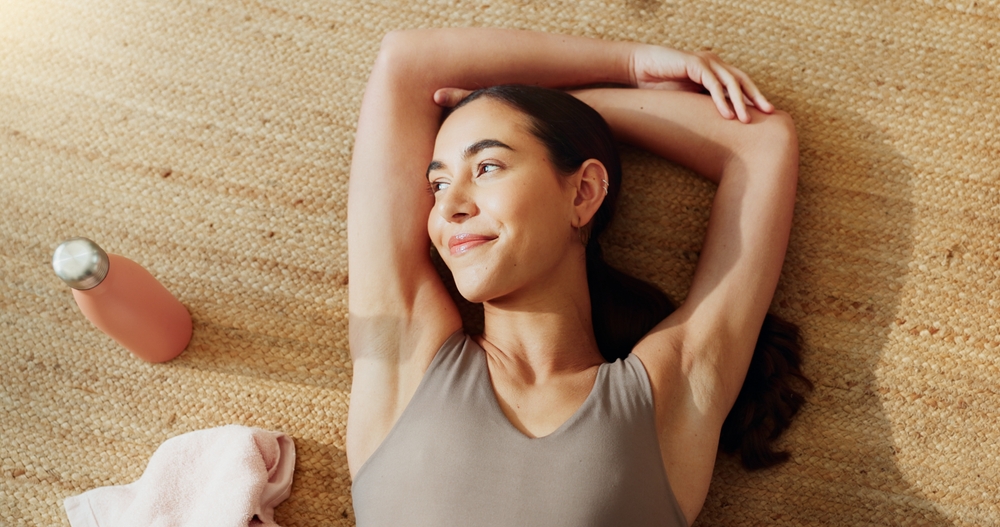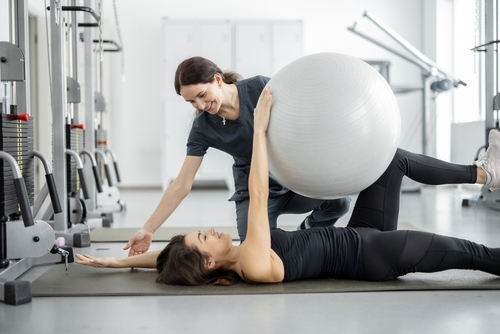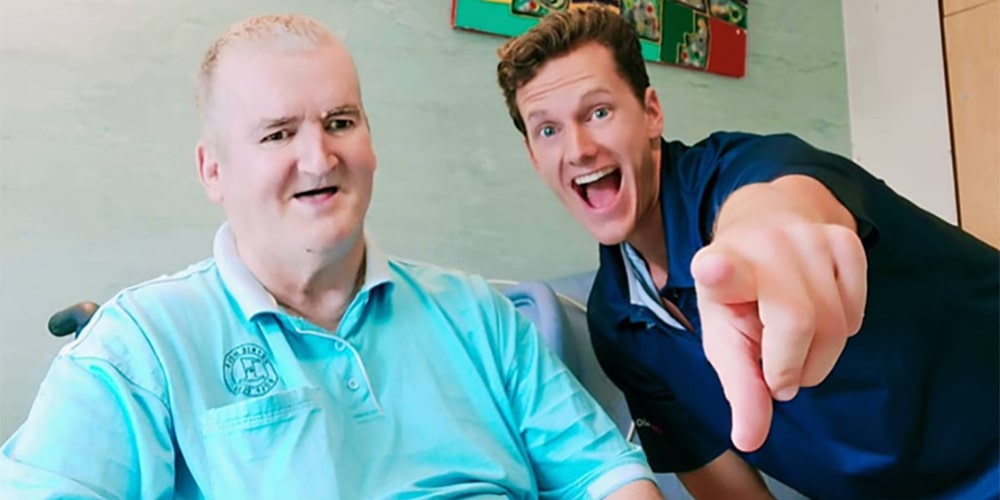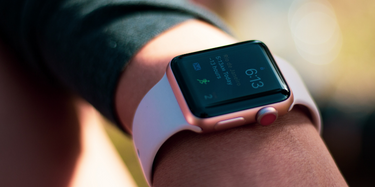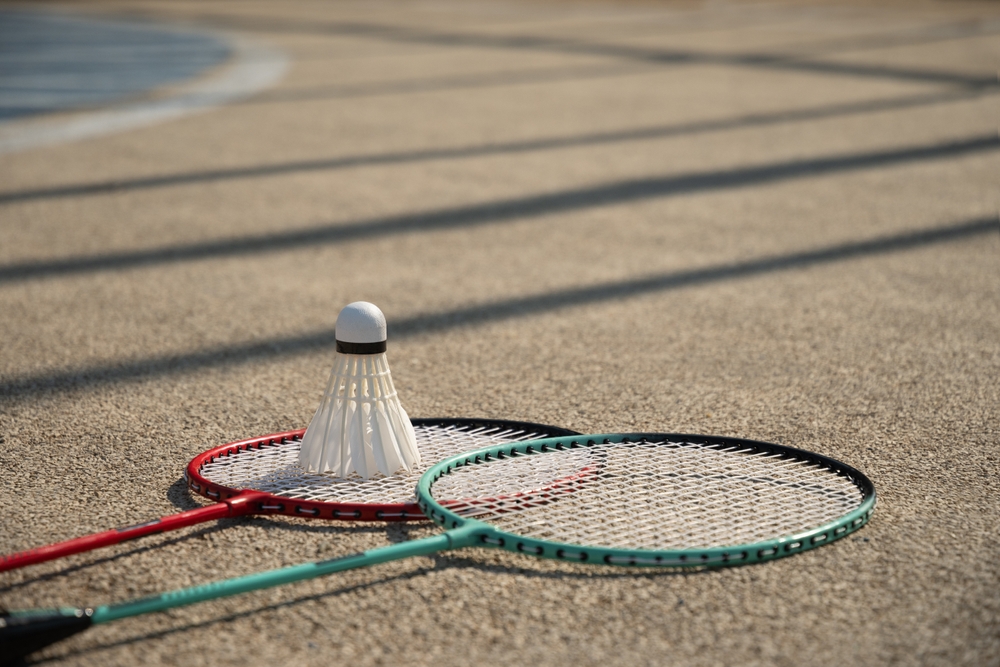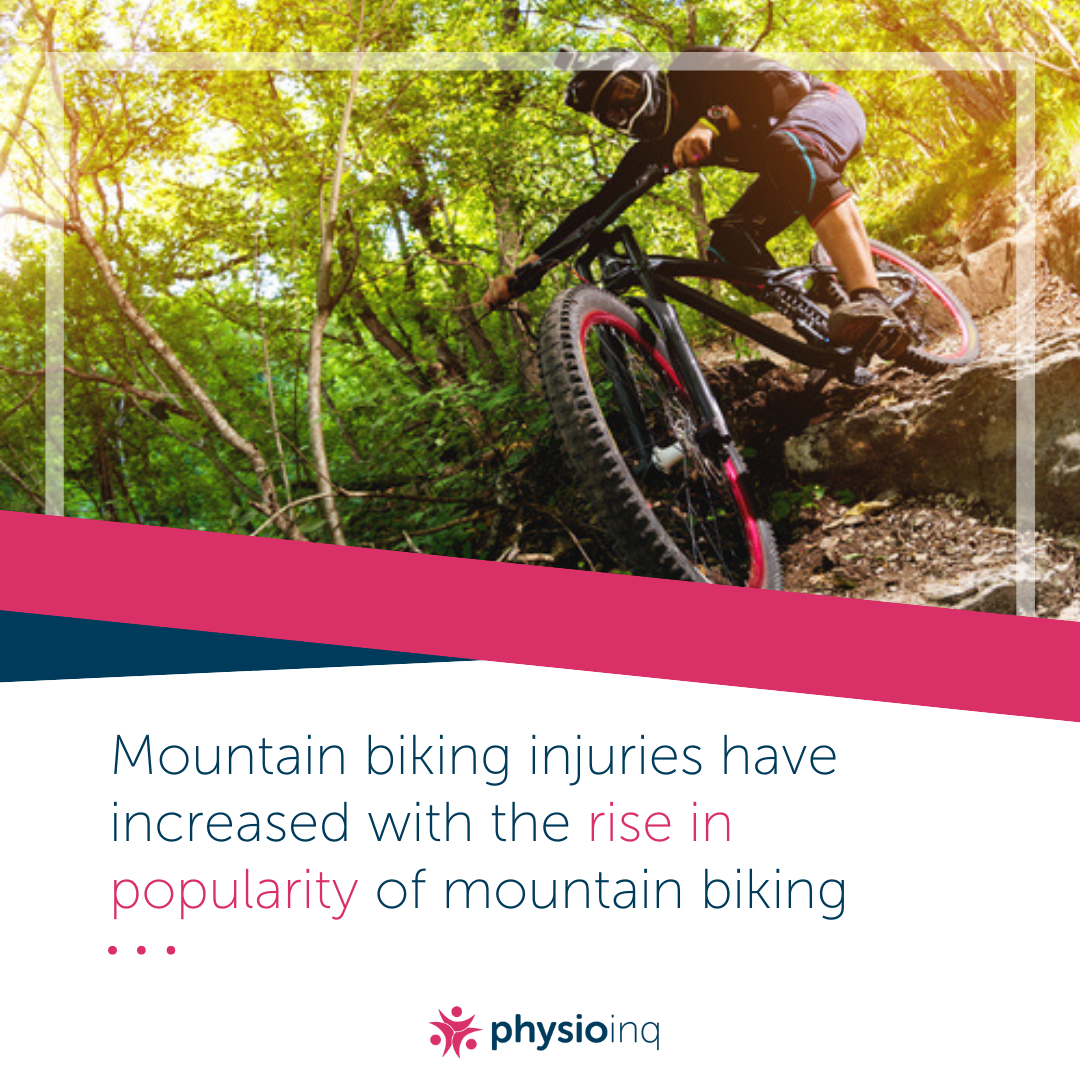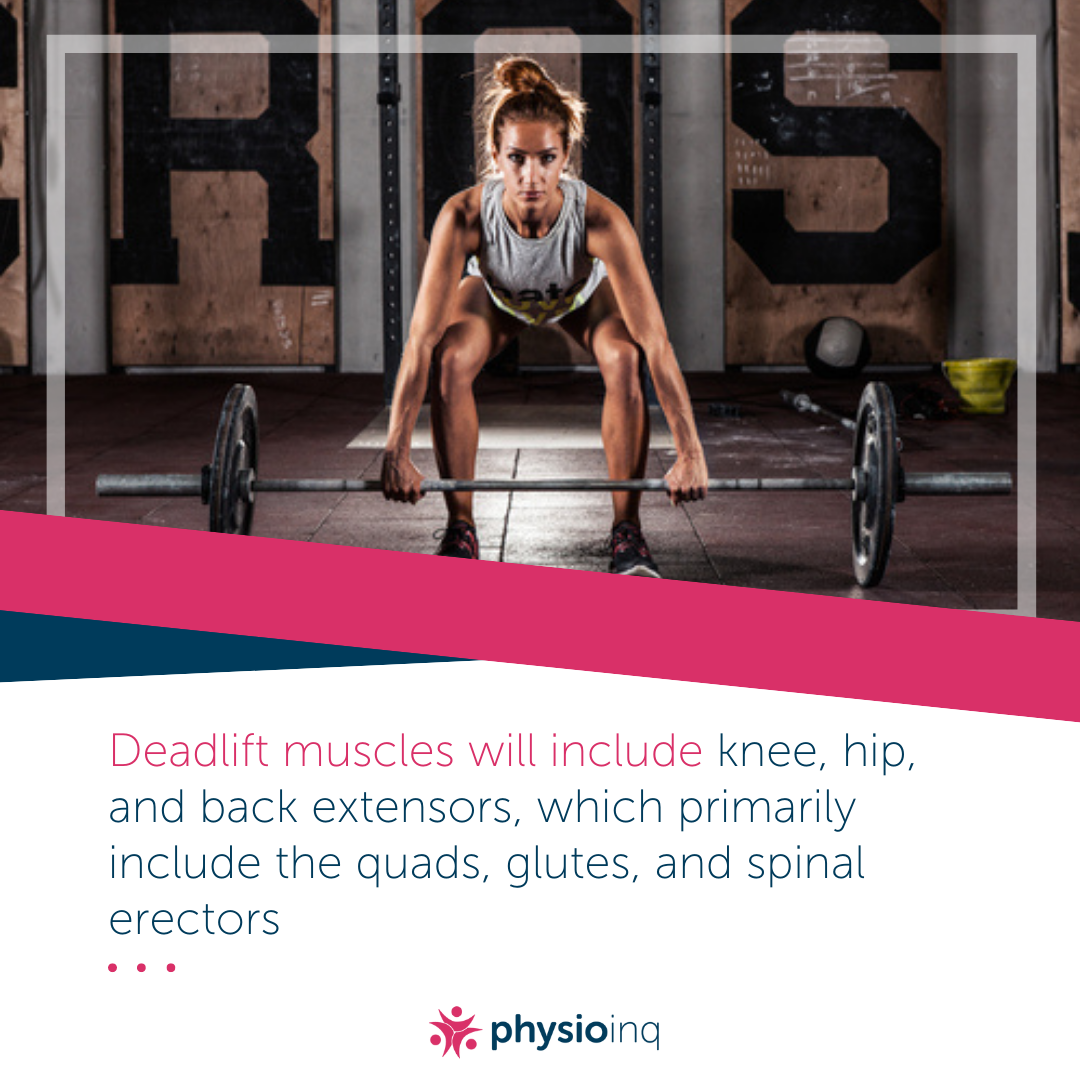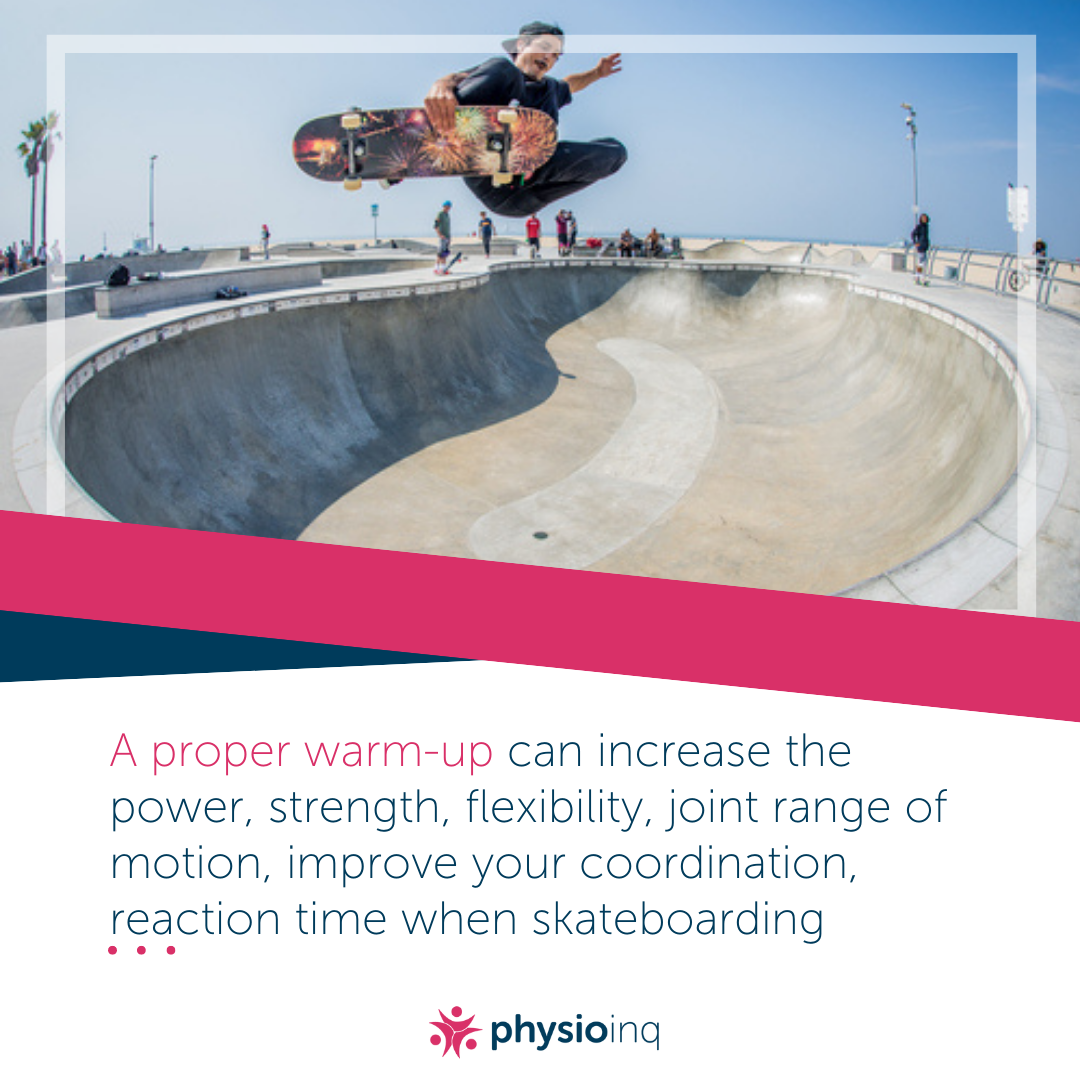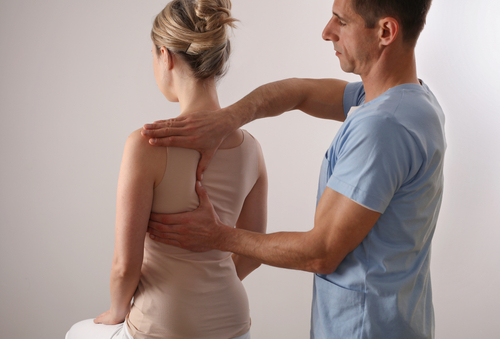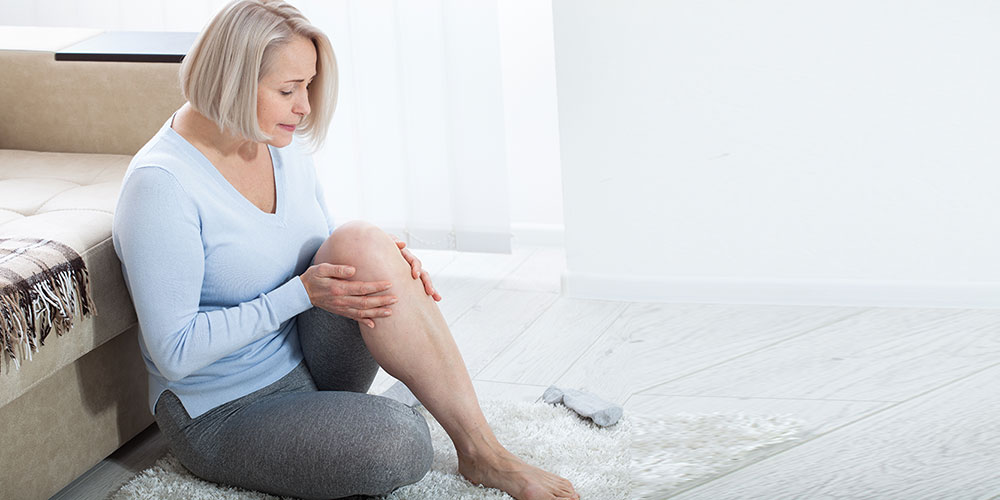Make an Appointment
Your body goes through several stages as you age, while it may be a lot stronger and immune when you are young, the story is not the same as you keep aging. After a certain age, your body starts to become weaker and lose muscle mass along with a slower metabolism rate. As scary as these facts may be, there is always room for improvement in the way your body performs. For that, the best way is to keep active throughout your life with exercise so that your body never feels lazy or slow.
Importance of exercise for bone density
Not only do your muscles weaken as you age, same is the case with your bones. They also need to be engaged in order to keep them perfectly healthy and at the required density level. Some of the important factors that affect bone density are: firstly, being mostly immobile which basically means that you are not exercising like you should or are spending a majority of the day being inactive. The second factor is how you eat, which is very important for your bones as well as your overall health; your food intake tells a lot about the condition of your body so it is highly recommended that your food intake is mostly dominated by healthy food.
People who have never exercised or exercise very rarely have much weaker bones than those who exercise more often. This means that their bones can easily get damaged or fractured. Inflexible muscles are a repercussion caused due to lack of exercise, which in turn affect the body posture along with extremely low energy levels. Lower energy levels of the body are one of the main reasons for stress and tiredness. However, all of this can be tackled if you start Pilates for at least 3 times a week and results will be quite visible as you continue your exercise religiously.
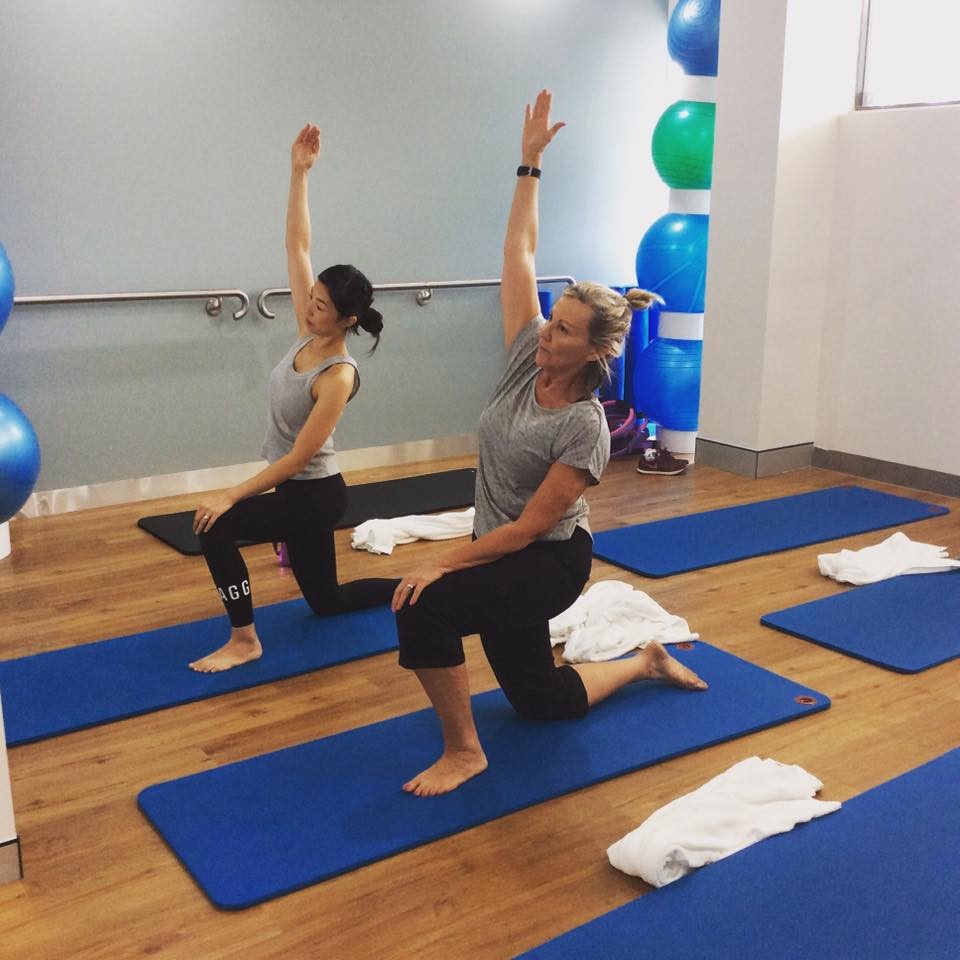
How can Pilates help?
When you decide to follow a proper Pilates plan that works best for your body, it aids the strengthening of your body’s bones and abdominals. Not just that, it also focuses on making your muscles more flexible.
The benefit of starting with a proper Pilate’s workout plan is that the exercises involved focus on each part of your but while doing that, it also works your core and other muscles. So basically, your whole body is working together but the main focus is a certain aspect of your body (for example thighs). As you learn to coordinate and work your muscles together in the most optimum manner, that plays a huge role in improving the body balance which comes quite handy as you reach an older age when the general population starts to lose the balance and control over their body.
Pilates not only improves muscle flexibility, body balance and bone density but along with all this it also gives a feeling of entitlement over your body; you feel better in control of your body and energetic, hence more productive in everything that you do.
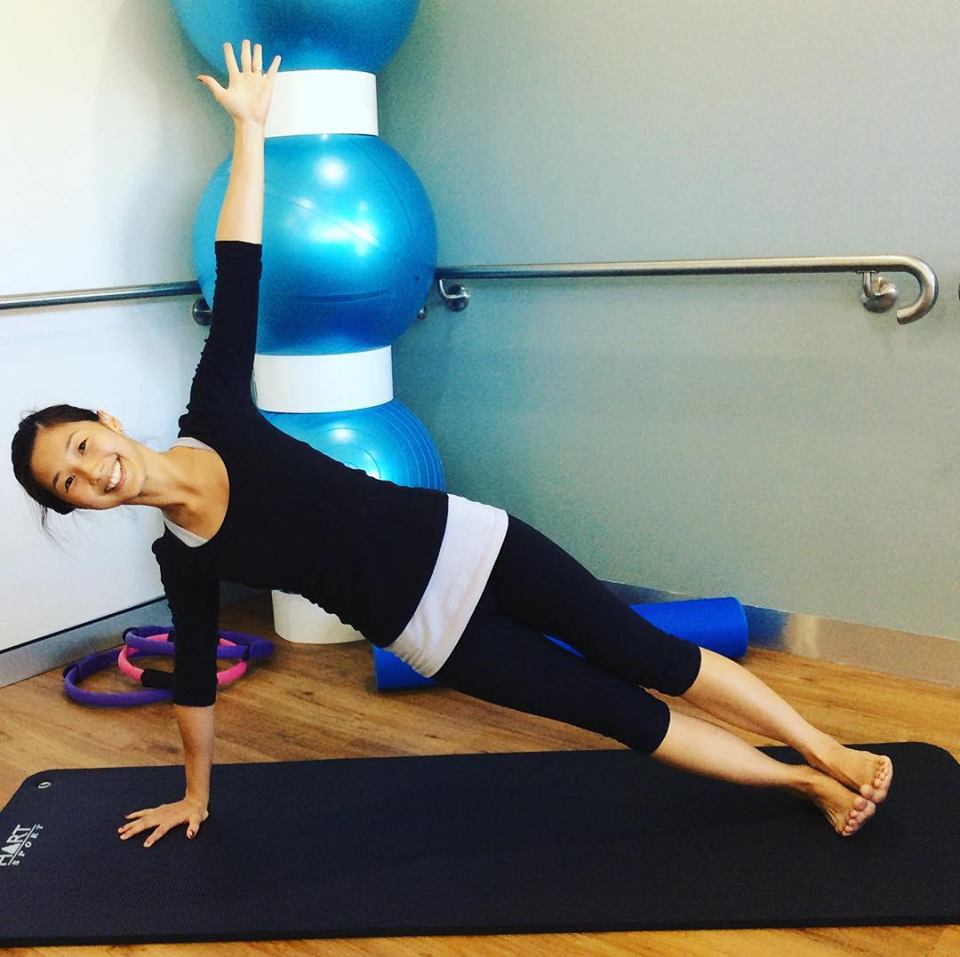
Feel Stronger. Move Better. Think Clearer With Pilates. If you want to tackle your back pain with Pilates, please visit your local Pilates studio by clicking on the Pilates link below. Each new Pilates participant receives their first week for FREE as well.
Date Published: Wednesday, November 1, 2017
Need to get into direct contact with ur Client Services team? We're all ears. Call our team directly on 1300 731 733



